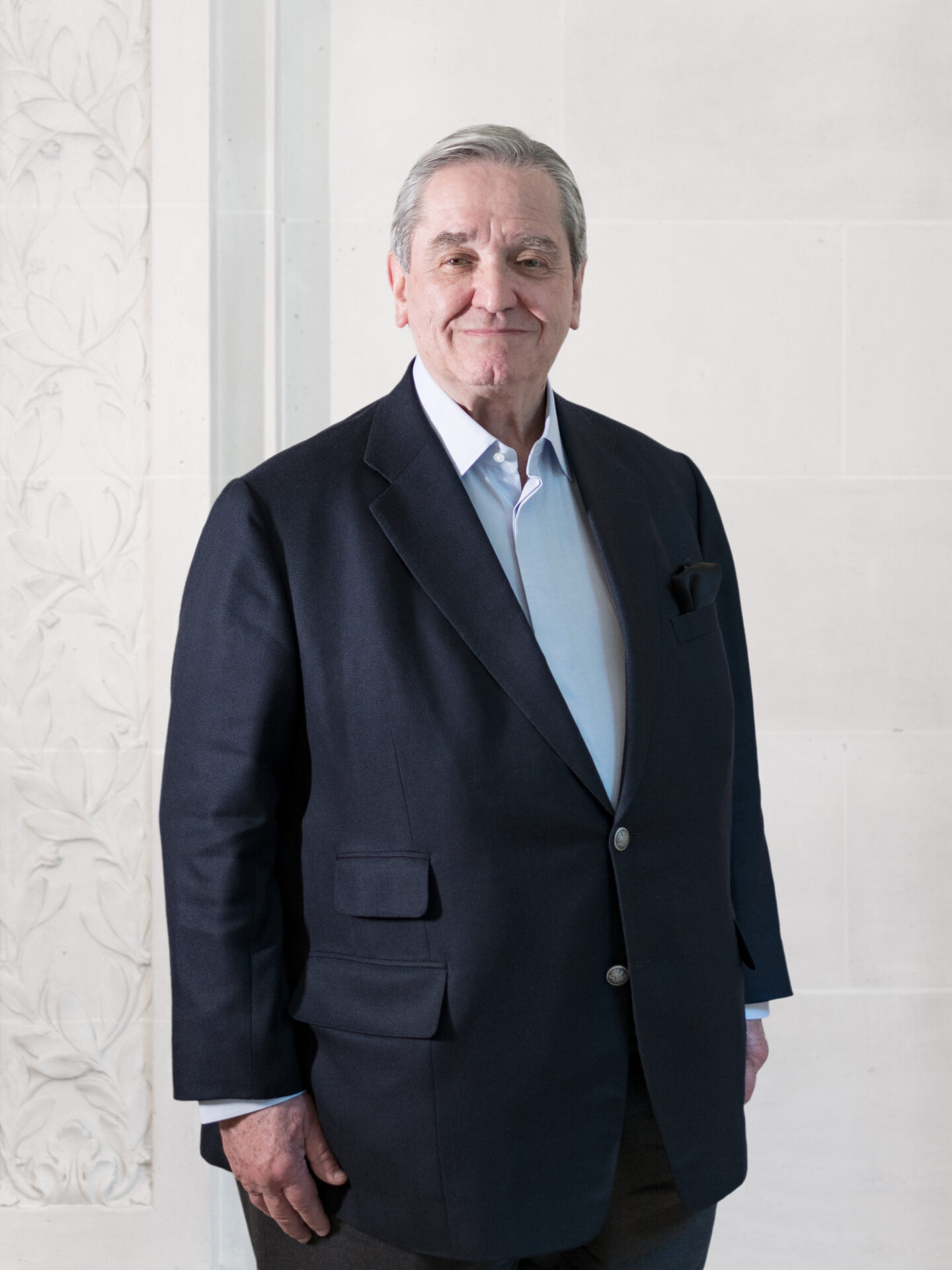Interview with Philippe Ginestié reproduced with the kind permission of Valérie Nau, editor-in-chief of Option Finance
"ChatGPT should be seen as a super-assistant"
If you are particularly known for being the great specialist in equity sponsorships, it is less well known that you have always taken a personal interest in new technologies and their application in the legal sphere. As your firm has just celebrated its fiftieth anniversary, what does the recent explosion of ChatGPT inspire in you?
New technologies have always fascinated me. As early as 1982, I went to the United States to see if it was possible to create, thanks to the artificial intelligence (AI) of the time, a contract generator. I spent days and nights writing contracts and such a tool would have made my job a lot easier! But at the time, the technology was not ready. It took until 2002 to create a legaltech contract manager with a polytechnician friend. In 2016, I created a new legaltech to take advantage of technological progress and offer a contract management automation tool. The arrival of generative artificial intelligence is now a superb challenge, it is a real technological revolution. Not only is its application universal and completely changes the cost structure, but, unlike previous technological revolutions, it benefits from the moment it appears from the existence of the network enabling its implementation. Its impact will be explosive.
How will a tool like ChatGPT affect the exercise of your profession?
This will result in tremendous enrichment. We will spend our time improving tasks prepared by artificial intelligence. And this is true for research, analysis of documents, definition of strategies and implementation processes, drafting of all types of documents, from answering emails to drafting contracts or consultations.
For example, if I receive a fifty-page contract, one minute later the tool gives me a one-page summary, specifying the content of the clauses that I have reported. Or he will offer me an answer to an email or a project to draft a contractual clause.
generative AI gives access to a fabulous wealth of information, because it is insensitive to languages. She works on vector representations of concepts. Languages serve him only to absorb knowledge, to understand the requests of men and to communicate his answers to them. She thinks, so to speak, independently of the language of her documentation. It thus gives us access to a universality of sources and their combination.
An American law firm, however, recently made a name for itself by referring, during a trial, to judgments provided by ChatGPT which turned out to be false. Isn't this a major risk for a job like yours?
ChatGPT should be seen as a “super-assistant”. You have to verify the information it provides. The recent American example has in any case well illustrated the fact that this type of tool could have “hallucinations”, ie disseminate erroneous or invented information. We now know that we must be vigilant, even if it is likely that verification programs will soon appear. ChatGPT is an extraordinary lever, which starts and improves every day. Nevertheless, in the event of an error, he will not be responsible, it will remain the lawyer and that is a good thing. The ability of professionals to effectively manage this tool without allowing themselves to be dominated by it will be a guarantee of their own competence and a condition of their survival.
ChatGPT is also causing a lot of concern because it could compete with, or even replace, a lot of jobs. Is your job likely to be affected?
It is true that by automating many legal tasks, generative AI will make the offer of large firms, which are very efficient in process management, less discriminating. Conversely, it will allow lawyers to concentrate on the richest part of their work, namely reflection and advice, and to devote more time to emotional intelligence. For this, we will first have to learn to interact with these machines because they do not think like us. “Prompt engineering”, that is to say the science of asking questions, will become fundamental in order to obtain optimal answers from the machine. In less than three years, the difference will be between the firms that have integrated AI into all their activities and the others.

Philippe Ginestié
Founder
Founder of the firm, he has extensive experience in the areas of corporate and complex operations where legal, tax and financial considerations must be integrated. He has developed particular expertise in the legal organization of relations between the control of power in groups.
Administrator of the Alpha Omega Foundation, he also supports non-profit organizations.





